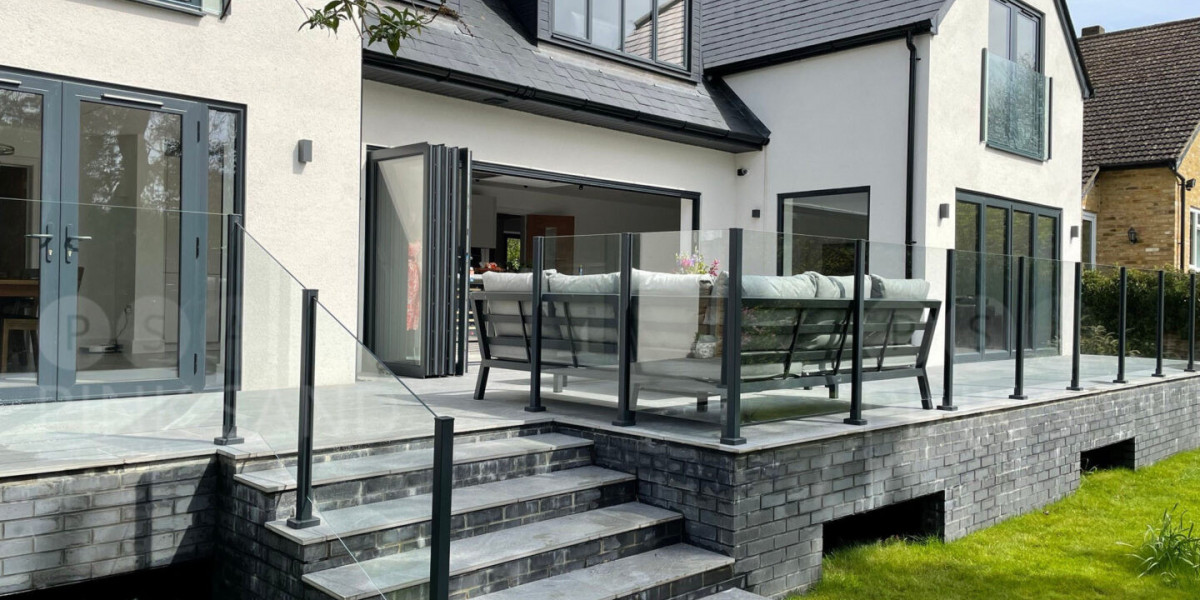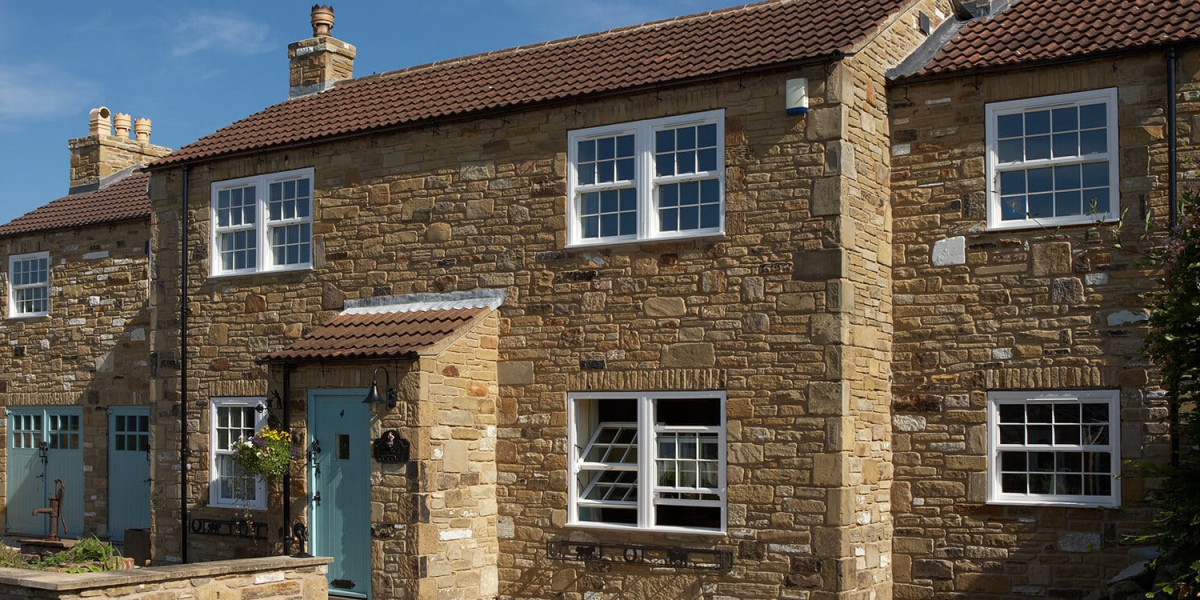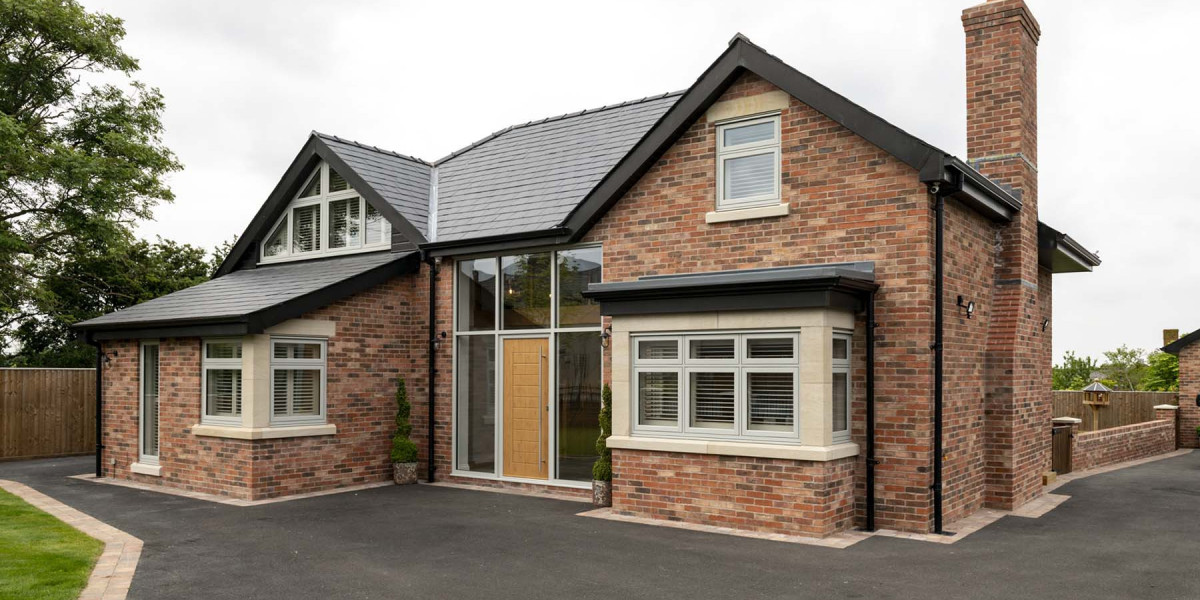When it comes to home improvement projects, window replacement is one of the most impactful upgrades a homeowner can undertake. Not only does it enhance the aesthetic appeal of a property, but it also significantly improves energy efficiency, security, and overall comfort. This article will delve into the various aspects of window replacement, including the benefits, types of windows available, the process of replacement, and considerations for homeowners contemplating this investment.

The Benefits of Window Replacement
- Energy Efficiency: One of the primary reasons homeowners choose to replace their windows is to improve energy efficiency. Older windows often have single-pane glass and inadequate insulation, leading to drafts and increased energy bills. Modern windows are designed with energy-efficient features such as double or triple glazing, low-emissivity (Low-E) coatings, and gas fills that minimize heat transfer, keeping homes warmer in winter and cooler in summer.
- Enhanced Comfort: New windows can drastically improve indoor comfort. By reducing drafts and maintaining a consistent temperature, homeowners can enjoy a more pleasant living environment. Furthermore, the reduction in outside noise thanks to advanced window technology can also contribute to a quieter home.
- Increased Home Value: Window replacement can significantly enhance the curb appeal of a home, making it more attractive to potential buyers. This upgrade can yield a high return on investment, with some estimates suggesting that homeowners can recoup up to 70% of the cost upon resale. Moreover, energy-efficient windows can be a selling point, as they promise lower utility bills for future occupants.
- Improved Security: Modern windows come equipped with advanced locking mechanisms and shatter-resistant glass, providing better security for homeowners. This is especially important for ground-floor windows, which are more vulnerable to break-ins.
- Environmental Impact: By opting for energy-efficient windows, homeowners can reduce their carbon footprint. Improved insulation means less reliance on heating and cooling systems, which in turn leads to lower greenhouse gas emissions.
Types of Windows
When considering window replacement, homeowners have a variety of options to choose from. Each type of window has its unique benefits and aesthetic qualities:
- Double-Hung Windows: These are among the most popular types of windows, featuring two operable sashes that slide up and down. They offer excellent ventilation and are easy to clean.
- Casement Windows: Hinged on one side, casement windows open outward, providing maximum ventilation and unobstructed views. They are often more energy-efficient than double-hung windows due to their tight seal when closed.
- Sliding Windows: These windows feature one or more sashes that slide horizontally. They are ideal for spaces where vertical space is limited and are often used in modern designs.
- Bay and Bow Windows: These windows protrude from the exterior wall, creating a small alcove inside. They provide panoramic views and additional natural light, making them a popular choice for living rooms and dining areas.
- Awning Windows: Hinged at the top, awning windows open outward, allowing for ventilation even during rain. They are often used in combination with larger fixed windows for a stylish look.
- Picture Windows: Fixed and non-operable, picture windows are designed to provide unobstructed views and natural light. They are often used in combination with operable windows.
The Window Replacement Process
Replacing windows is a significant undertaking that typically involves several steps:
- Assessment: The first step is to evaluate the current windows and determine which ones need replacement. Homeowners should consider factors such as age, condition, and energy efficiency.
- Choosing Windows: Once the decision to replace has been made, homeowners should research and select the type of windows that best suit their needs, style, and budget. Consulting with a professional can help in making the right choice.
- Hiring a Contractor: While some homeowners may choose to undertake the project themselves, hiring a qualified contractor is often advisable to ensure proper installation. Look for contractors with experience, positive reviews, and appropriate licensing.
- Preparation: Before installation, homeowners should prepare the area by removing furniture, window treatments, and any obstacles that may hinder the installation process.
- Installation: The contractor will remove the old windows and install the new ones, ensuring they are properly sealed and insulated. This step is crucial to maximize energy efficiency and prevent future issues.
- Finishing Touches: After installation, the contractor will ensure that the new windows are functioning correctly and may apply finishing touches such as trim or paint, enhancing the overall appearance of the window.
Considerations for Homeowners
Before embarking on a window replacement project, homeowners should consider the following:
- Budget: Window replacement can be a significant investment, so it’s essential to establish a budget. Consider not only the cost of the windows themselves but also labor, potential repairs to the surrounding structure, and any additional features such as custom designs or energy-efficient upgrades.
- Energy Efficiency Ratings: Look for windows with good energy efficiency ratings, https://electionforecast.co.uk/clear-vision-why-glass-partitions-are-the-future-of-office-design/ such as those certified by ENERGY STAR. These windows can provide long-term savings on energy bills.
- Local Climate: The climate in which a home is located can influence the type of windows that are most suitable. For example, homes in colder climates may benefit from double or triple-glazed windows, while those in warmer areas might prioritize UV protection.
- Building Codes and Regulations: Homeowners should be aware of any local building codes or regulations that may affect window replacement. This is particularly important for historic homes or properties in designated preservation areas.
- Warranty and Maintenance: Consider the warranty offered by the manufacturer and the maintenance requirements of the chosen window type. Some windows may require more upkeep than others, affecting long-term satisfaction with the investment.
Conclusion
Window replacement is a valuable home improvement project that can yield numerous benefits, from enhanced energy efficiency and comfort to increased property value and security. By understanding the various types of windows available, the replacement process, and key considerations, homeowners can make informed decisions that will improve their living environment and contribute to the long-term sustainability of their homes. As energy efficiency becomes increasingly important in today’s world, investing in new windows is not just a cosmetic upgrade; it’s a step towards a more comfortable, secure, and environmentally friendly home.






